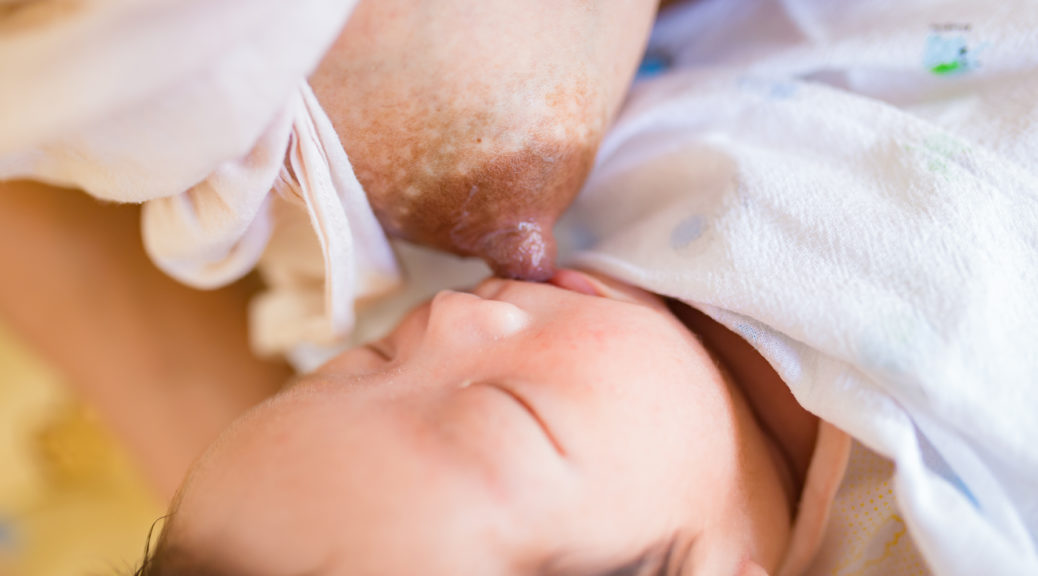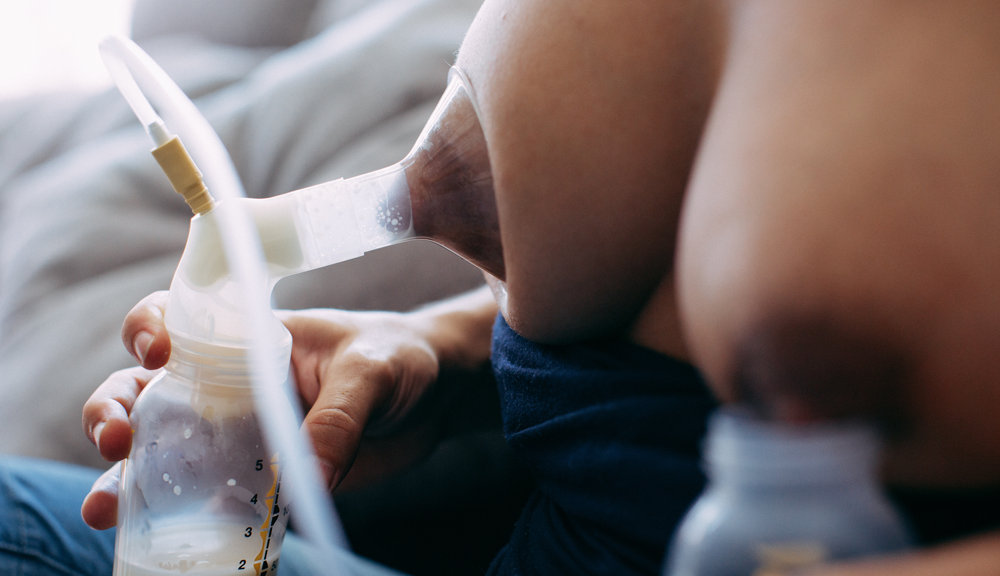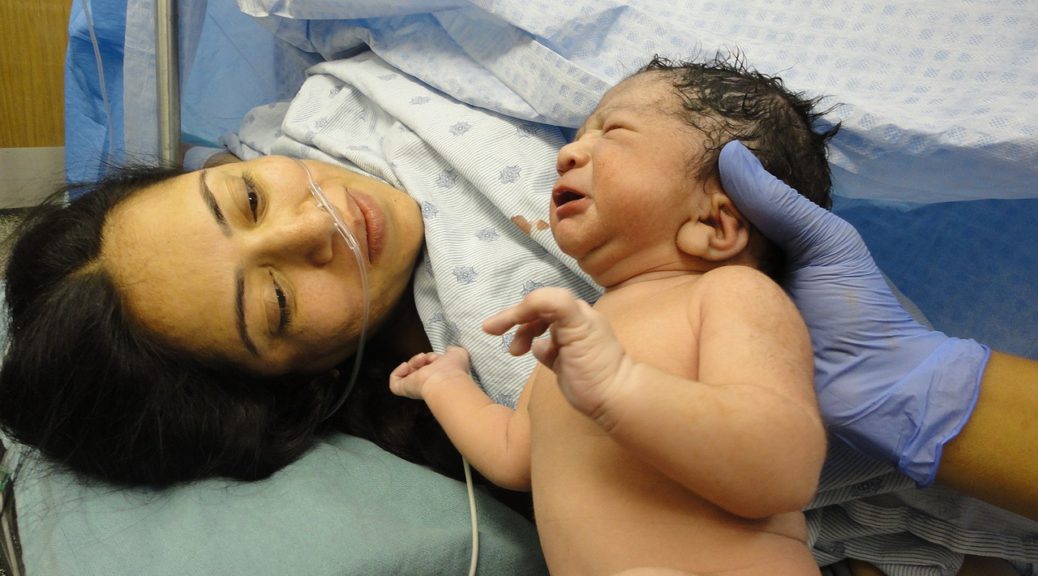What is a breastfeeding crisis?
Suddenly, your baby wants to feed constantly, is more irritated and fuzzy, cries, and seems to want to feed constantly but is struggling at the breast. And maybe you are thinking: am I running out of milk? But wait… maybe your baby is going through a breastfeeding crisis! Babies usually go through several growth spurts (some call them frequency days; in some regions, they are called breastfeeding crises) during the first 12 months of life, when their demand for milk…









